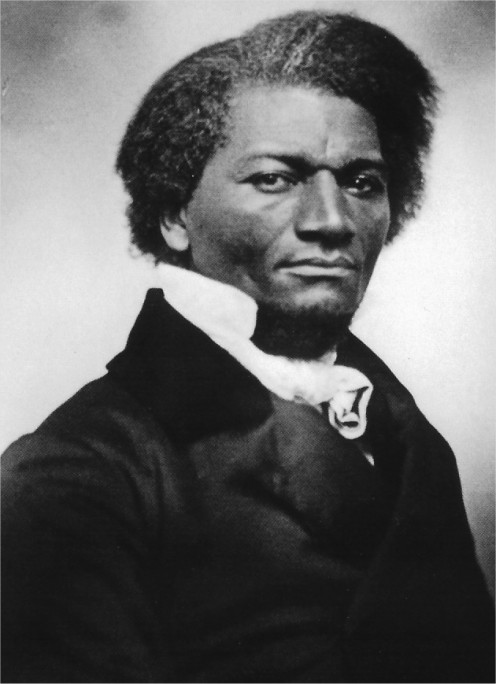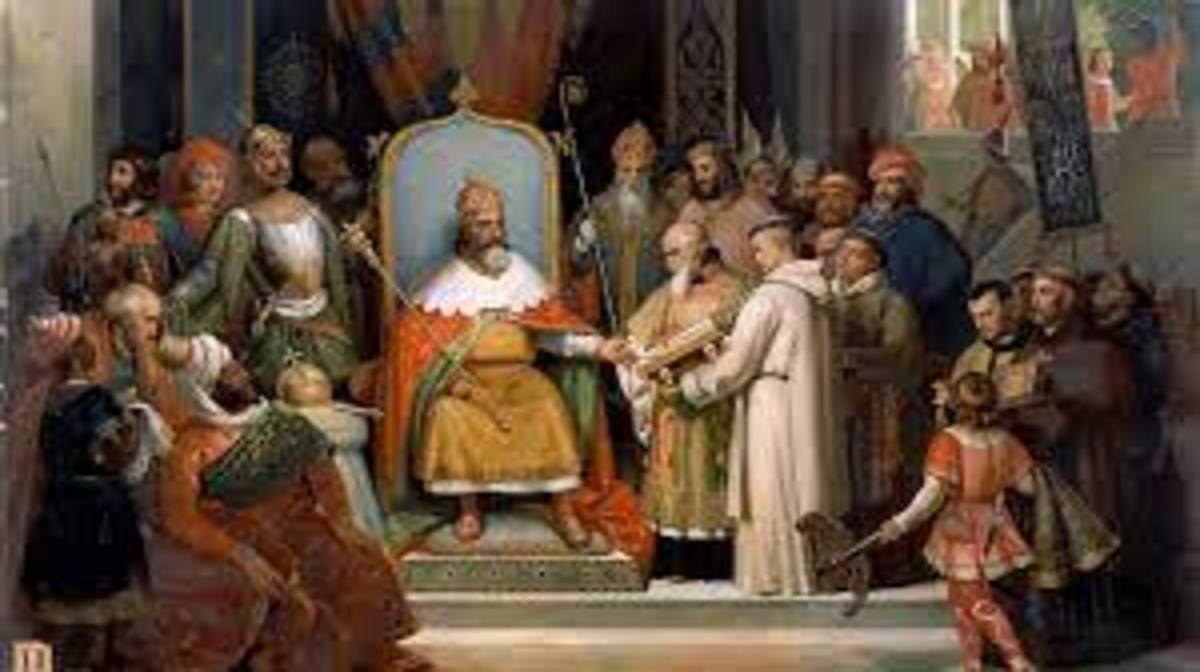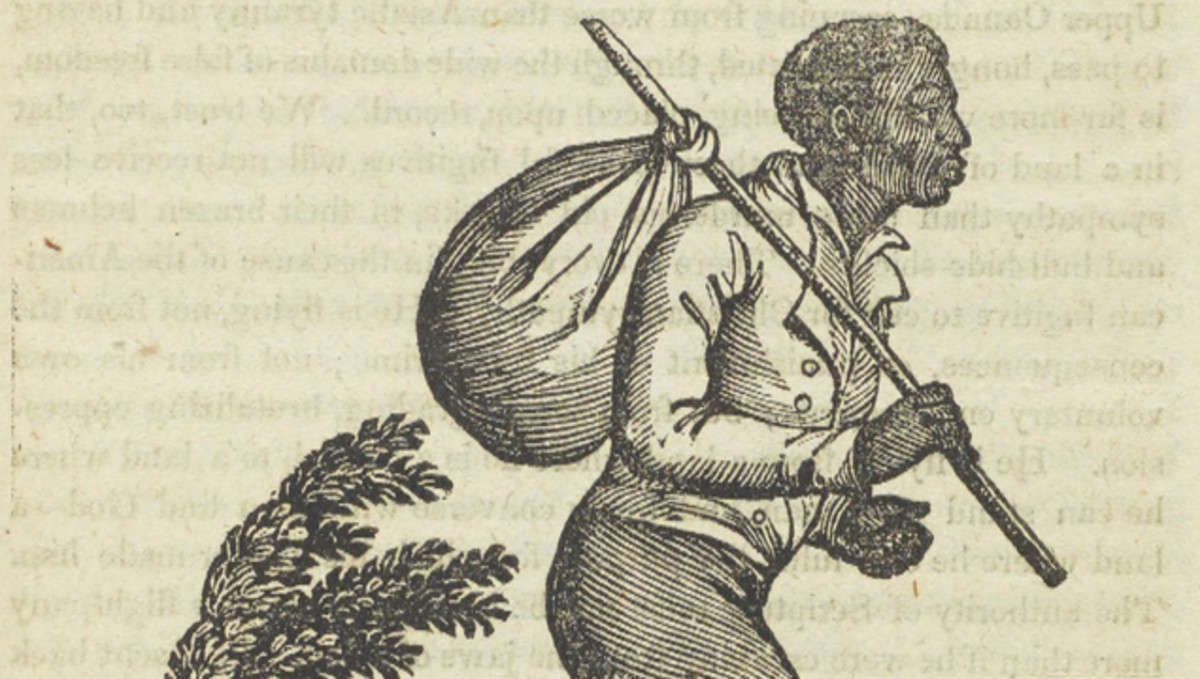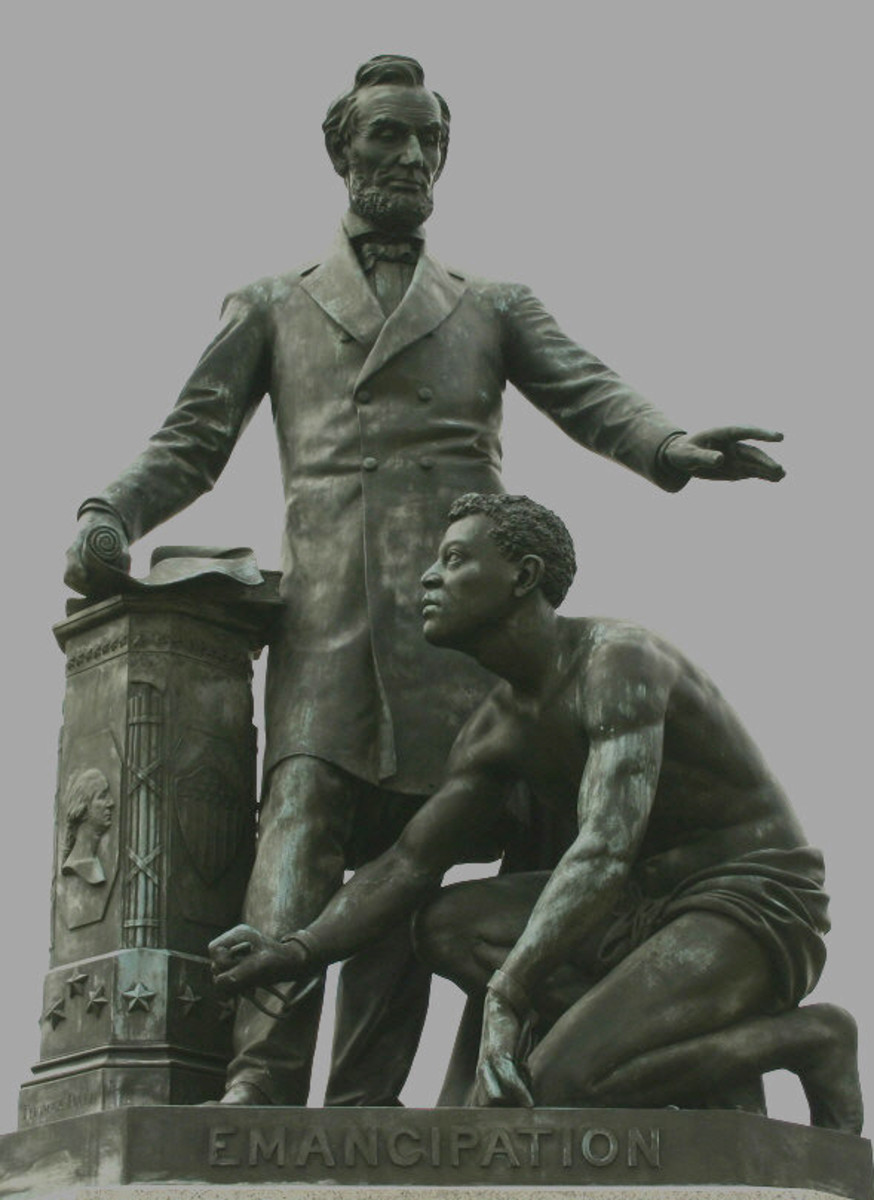Frederick Douglass and Religion
False Religion in the Narrative of the Life of Frederick Douglass
Frederick Douglass documented the religious backgrounds and transformations of various slaveholders in the Narrative of the Life of Frederick Douglass. At first glance, his documentation of the cruelty that coincided with most religious masters may have appeared to be an indictment against Christianity; however, upon further examination, one would find that his illustrations were simply attempts to document the irrational use of Christianity to support and justify the cruel nature of violent punishment and bondage. In essence, slaveholders used Christianity and passages from the Bible to justify slavery and violence. Douglass’ documentation of such events worked as an avenue to reveal the perpetrators’ hypocritical nature in referencing themselves as Christians. In Frederick Douglass’ world, there were two forms of spirituality or religion. One of them was actually conducted with the renewal of the spirit and salvation in mind, and the other was utilized to give slaveholders a false sense of security for hideous actions. The aspect of religion in the Narrative of the Life of Frederick Douglass was apparent in his description of Negro spirituals, of slave owners and overseers, and of his own spiritual beliefs.
Purpose of Spirituality
The spirituality that Douglass described with his illustration of the songs that the slaves used to sing served a twofold purpose. The slaves expressed spirituality, protested, and communicated with the spirituals. Douglass specifically mentioned how many of the spirituals functioned as protest songs with a secret message in mind with the following quoted lyrics from one of the spirituals: “I am going away to the Great House Farm! O, yea! O, yea! O!” (401). He went on to state that, in listening to the spiritual nature and the sadness in the song, one would be able to obtain more information regarding the true nature of slavery than any philosophical thought process would have provided. The spirituality and soul saving nature of the spirituals were definitely apparent; however, it was also evident that there was an enduring element within the spirituals that provided the drive for the slaves to endure the hardships that they encountered.
According to Davidson, Gienapp, Heyrman, Lytle, and Stoff, Douglass noted that Negro spirituals were melodies that were harmonized in groups for their connection with Christianity and for their codes to freedom (343). The sadness that Douglass encountered when hearing the spirituals was simultaneously rooted in Christianity and anger at those who would use Christianity to justify such a barbaric institution; therefore, the Christian connection to the spirituals was twofold. In essence, Douglass was a religious person, but he did not follow his faith blindly in that he recognized the religious hypocrisy in his White brothers.
Douglass’ recognition of religious hypocrisy was apparent throughout the Narrative of the Life of Frederick Douglass. He made reference to slave owners and overseers with religious undertones that illustrated his recognition of the hypocritical nature of their very beings. He specifically noted an overseer named Mr. Severe, and he also illustrated that Mr. Severe was rightfully named. Mr. Severe was an awful individual without any regard for human life. Douglass wrote, “His presence made it both the field of blood and of blasphemy” (400). His very existence was an act of blasphemy due to the impious nature with which he treated human life. This was also Douglass’ manner of questioning God’s allowance of such an individual to be in control of other human lives. In addition, Douglass later described Master Thomas’ adoption of Christianity with the hope that his newfound religion would alter his apparent evil nature. Instead, Master Thomas found justification for his cruelty. He specifically beat a female slave on a regular basis because she was injured and could not perform her duties while citing the following scripture: “He that knoweth his master’s will, and doeth not, shall be beaten with many stripes” (Douglass 420). This was further evidence of the hypocritical perspective that slave owners adhered to in Douglass’ narrative. Douglass clearly wished to illustrate that there were two different perspectives of piousness in the world of slave ownership, the true Christian perspective and the hypocritical Christian perspective. Douglass also described the dastardly behavior attributed to men who were ministers in the community. In describing these men, he took a chance of alienating those who would blindly follow religious men; however, taking such a chance was necessary to illustrate the hypocritical nature of their actions.
Douglass was not anti-Christian or anti-religion. He did practice his belief in Christianity, and his faith was strong. As with any believer, there were times when Douglass’ faith in God was shaken. When Mr. Covey was given the task of breaking Douglass’ spirit, Douglass did go through a crisis of faith. The whole purpose in breaking a slave was to totally remove his or her humanity, and Covey was nearly successful in breaking Douglass; however, Douglass reached out to God asking the following: “Oh God, save me! God, deliver me! Let me be free! Is there any God? Why am I a slave?” (424). This conversation that Douglass had with God was very significant for the time period in which the text was written, for the general consensus was that one did not question God’s will. These questions revealed not only a questioning of God’s so called will; these questions were also blatant questions aimed at the institution of slavery. Douglass was comfortable questioning God because he knew that slavery was not in God’s will. It was in the will of corrupt men who distorted God’s will. Furthermore, he believed that true religion was on the side of the oppressed. According to Smith and Smith, Douglass was an ordained minister who once wrote a letter to Master Thomas referencing God as the higher being of the oppressed people. He believed that God would one day free those who were politically, spiritually, and economically oppressed (49). This was clear evidence that he was a man of spirituality but not of hypocrisy. Douglass specifically stated that “The slave prison and the church stand near each other” (448). This was not an indictment of religion; however, it was a call to wake up to the fact that religious beliefs were being distorted to promote callous and disgusting behavior and to victimize a group of undeserving human beings.
Traditionally, the word hate has been used to express a strong emotional underpinning for various undesirable aspects of life. Furthermore, religious people would not have employed such a term because of its strong nature; however, Douglass did use the word hate to express his distaste for the hypocritical nature of slavery. He stated: “I am filled with unutterable loathing when I contemplate the religious pomp and show, together with the horrible inconsistencies, which every where surround me. We have menstealers for ministers, women whippers for missionaries, and cradleplunderers for church members” (Douglass 448). These were strong words utilized to wake those who would follow religious falsehoods straight into the depths hell. These words were risky and necessary to express not only how much Douglass hated hypocrisy but also to ignite fires within other noble individuals who should have felt the same. Douglass’ views on religion were apparently aimed at highlighting the hypocrisy of using Christianity to justify slavery. He once said, "America is false to the past, false to the present, and solemnly binds herself to be false to the future” (Douglass). This quote provided understanding of his overall sense of religion and America. Frederick Douglass emphasized this understanding while utilizing religious undertones in his writing to express this point. Douglass knew that these religious undertones may be negatively received by the Christians of the time, so he took strides in his appendix to clarify specifically who and what these undertones were attacking. He wanted Americans to wake up to the fact that false justifications for slavery were in essence contributing to the present and future ruin of the country.
Works Cited
Douglass, Frederick. “Narrative of the Life of Frederick Douglass.” The Norton Anthology of African American Literature. Second Ed. Gates, Henry Louis, et al. New York: W.W. Norton and Company, 2004. 385-452. Print.
Douglass, Frederick. “The Meaning of July Fourth for the Negro by Frederick Douglass.” N.p., n.d. Web. 13 Sept. 2014.
James West Davidson, William F. Gienapp, Christine Leigh Heyrman, Mark Lytle, and Michael B. Stoff. Nation of Nations: A Concise Narrative of the American Republic. McGraw-Hill, 1996. Print.
Smith, Carl, and Karnie Smith. Frederick Douglass Republicans: The Movement to Re-Ignite America's Passion. Birmingham: Author House, 2011. Print.
Frederick Douglass









